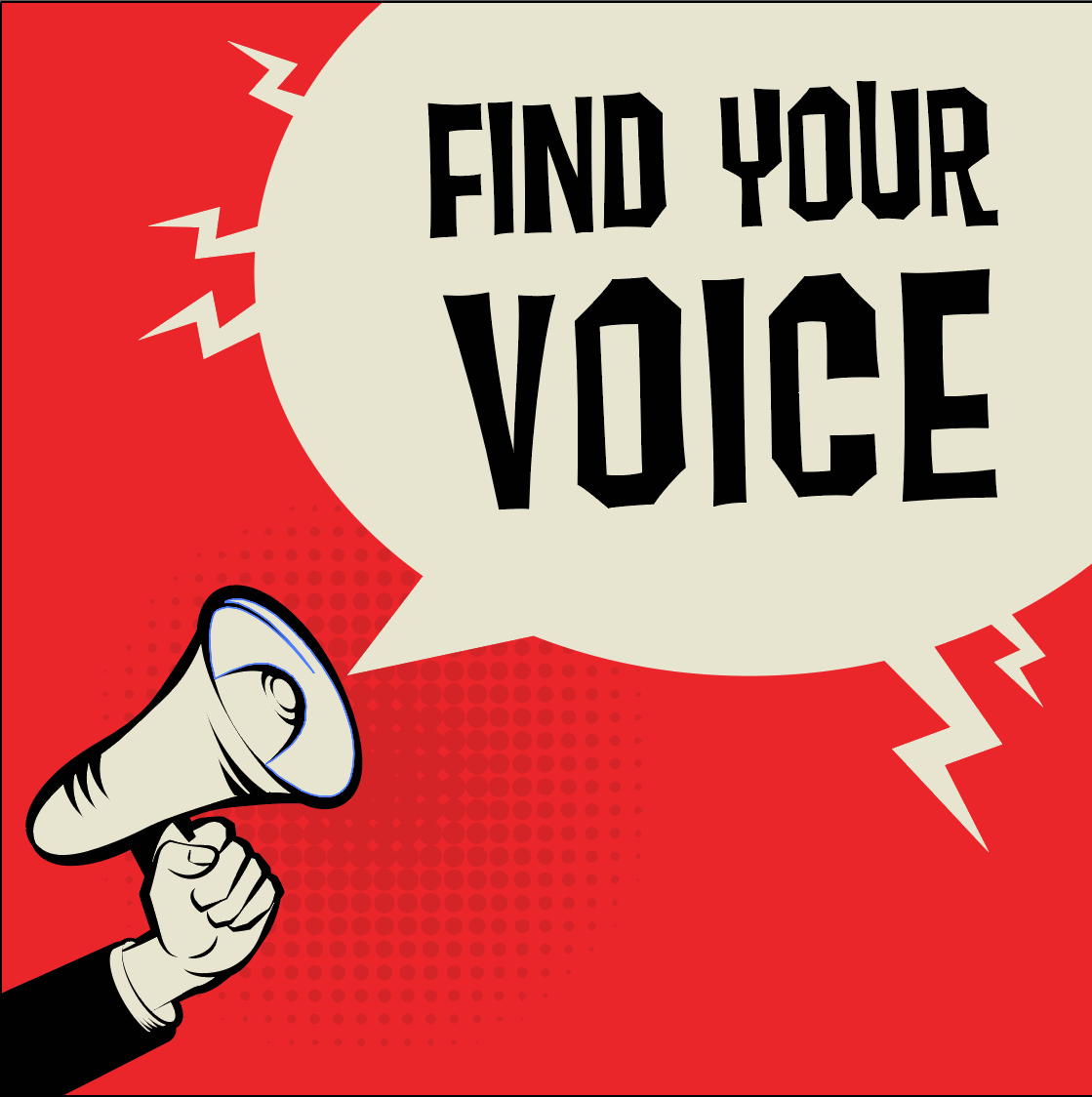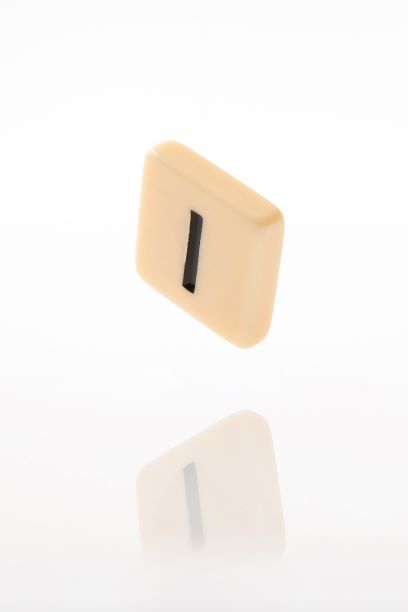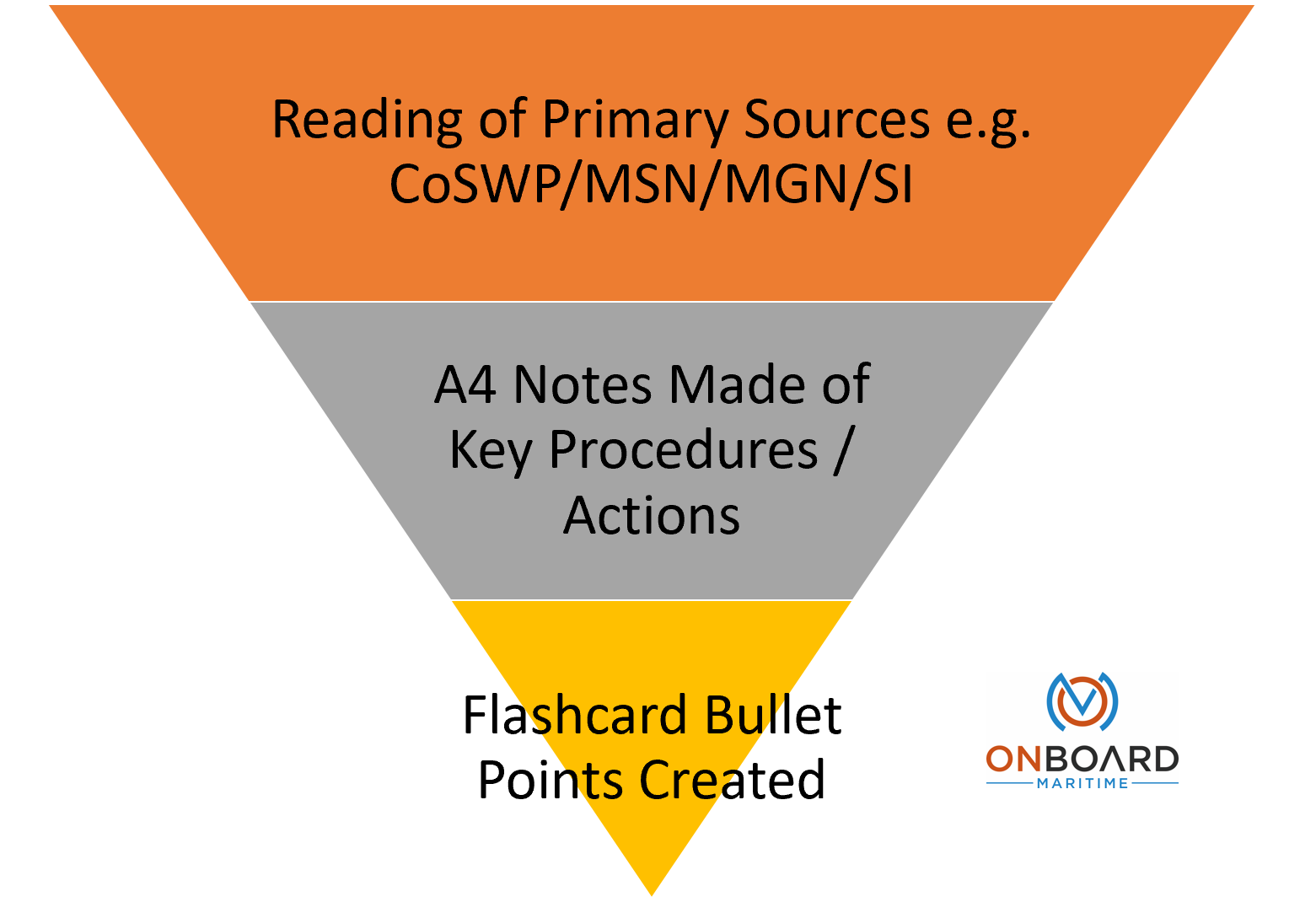
Onboard Maritime delivers online courses for candidates preparing for their MCA Oral examinations. With virtual classroom delivery and daily contact with an experienced instructor you can get all the benefits of studying at a maritime college with the flexibility of delivery which puts you in control of your learning. www.onboardmaritime.com. This is our latest blog with some advice on preparing for your MCA Oral exams.
Yes, it can be a daunting experience preparing for your oral exam no matter what discipline or level you are at. These 5 take-aways will help you focus and structure your studying to ensure you present your best self on the day and maximise your chances of passing first time.
1. Align Your Preparation to the Style of the Exam

This is an oral exam. You are going to be asked questions and will be expected to respond with concise, coherent answers that best reflects your subject knowledge and competence.
You must therefore practice speaking and talking through procedures and scenarios. 1 – 1 or small group sessions are essential to help you process the knowledge which is inside your head into a structured dialogue that you can recall when under pressure.
2. The Power of ‘I’

Do not underestimate the importance of the pronoun ‘I’.
Simply changing your answer from ‘We did this’ to ‘I did this’ has a powerful effect. You gain confidence as you are talking about your actions and something you did. In addition the examiner also gains confidence as they can now picture you performing the actions you are describing. This technique requires practice but to give an impactful answer use the pronoun ‘I’
Simply changing your answer from ‘We did this’ to ‘I did this’ has a powerful effect. You gain confidence as you are talking about your actions and something you did. In addition the examiner also gains confidence as they can now picture you performing the actions you are describing. This technique requires practice but to give an impactful answer use the pronoun ‘I’
3. Answer the Questions at the Appropriate Level
You may be an expert in Shipmasters Business and Law and be able to recite the Hague-Visby rules word for word. But if you are going for your Deck OOW oral exam and can’t tell the examiner what you would do if the main engine failed, we have a problem.
When you are preparing for the exam be mindful of the examination level you are studying for. As a rough rule of thumb:
When you are preparing for the exam be mindful of the examination level you are studying for. As a rough rule of thumb:
OOW / EOOW – Your primary concern is the safe operation of the vessel’. An understanding of your responsibilities and when to call for assistance. A working knowledge of the organisational tools which ensure you can respond to routine and non-routine situations with apropriate actions. e.g.
-
The Safety Management System
-
Masters / Chief Engineers Standing Orders
-
Planned Maintenance System
-
Permit to Work System
Chief Officer / 2nd Engineer – Your responsibility is more focused on operational aspects of the vessel. You need to have more technical knowledge about shipboard operations and the management of crew members. This will include:
-
Organisation of the deck / engine crew to ensure routine port and seagoing tasks are completed safely and efficiently.
-
Organisation of the deck/engine crew to complete planned maintainence tasks.
-
Operational planning for major ship events such as dry docking.
-
Logistics - ensuring the ship is properly fuelled, supplied and with adequate spares onboard for its operational duties.
-
Quality Mangement System - through audits and inspections ensuring that crew members are aware of their duties and procedures to follow.
-
Certification - Preparation of the ship for Flag State / Port State/Company/Charterers inspections.
-
Record Keeping - Ensuring there is evidence that proper procedures have been followed at all times.
Captain / Chief Engineer – Your responsibility is that as a Senior Manager of an organisation.
You must demonstrate the skills and knowledge to deal with routine and non-routine situations involving multiple stakeholders, through the use of strategies, planning and resource management. These will include:
-
Management of Change - what will you do if there is an event during a seagoing passage.
-
Crew Resource Management - ensuring you have the right crew on board to meet the mimimum manning requirements. They have the correct certification and the documentation has been completed correctly.
-
Financial Management - being accountable for the expenditure of the ship.
-
Stakeholder Management - showing an understanding of the needs of different stakeholders e.g. charterer, port state, flag state, ships agent, ships crew and being able to prioritise demands.
-
Crisis Management - what to do in the event of an emergency onboard the ship.
-
Corporate Responsibility - the requirement to ensure the vessel at all times is maintained and complies with company and international standards and regulations.
4. Structure Your Answer
The examination is essentially a competency based interview.
The acronym STAR is a well known technique in how we structure an answer to a competency based interview. We think:
Situation
Task
Action
Result.
We can adopt a similar approach for orals style questions. Think to yourself:
The acronym STAR is a well known technique in how we structure an answer to a competency based interview. We think:
Situation
Task
Action
Result.
We can adopt a similar approach for orals style questions. Think to yourself:
-
What is the situation?
-
What was the objective?
-
What did you do?
-
What was the result?
5. Funnel Your Learning

We may have a number of sources of information about a topic we are studying at the outset.
The aim is to filter that information. Selecting the key points and actions so that even the most seemingly complex subject can be reduced to 10 key bullet points on the back of a postcard.
We should finish each study session with at least one postcard to show for our work. These flashcards are unique to you. They reflect your work and as you build your content it becomes a tangible record of the effort you are putting in to achieve your goal.
The aim is to filter that information. Selecting the key points and actions so that even the most seemingly complex subject can be reduced to 10 key bullet points on the back of a postcard.
We should finish each study session with at least one postcard to show for our work. These flashcards are unique to you. They reflect your work and as you build your content it becomes a tangible record of the effort you are putting in to achieve your goal.
So there you have it. Our top 5 take-aways. Good luck. Stay focussed. Go to Onboard Maritime.com for more tips and find out how you can join one of our online orals prep courses.